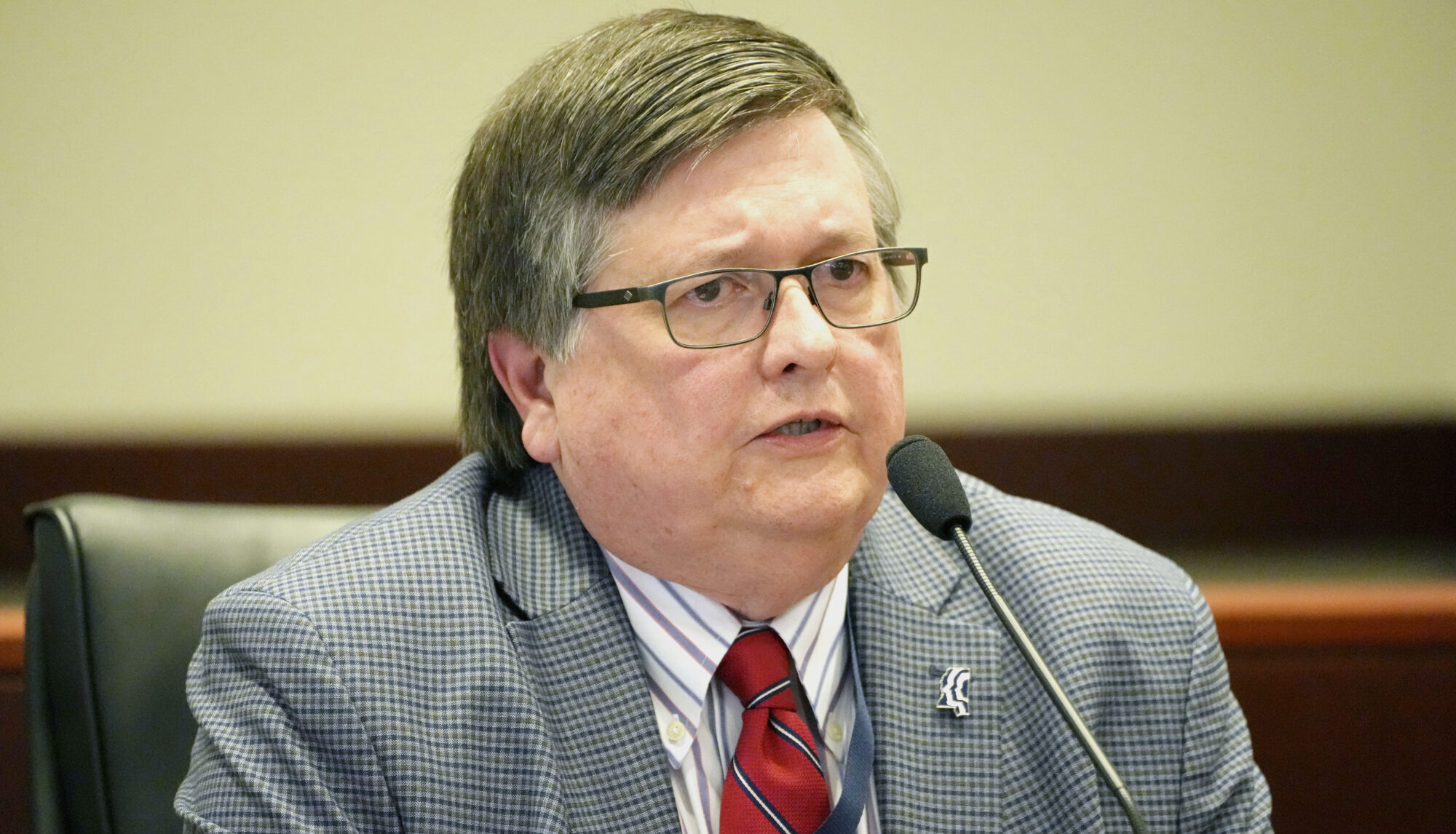PRESS RELEASE
6/25/10
Though it’s only been two weeks since the President told NBC he was on a hunt for rear ends to kick, radicals have increased their caustic demands for a sharp turn away from offshore drilling, contending the government should punish oil and gas companies with more burdens, regulations, taxes and penalties.
Seeking to pacify an ultra-liberal base, his administration discarded common sense by imposing a six-month moratorium on permits for new wells drilled with floating rigs in areas deeper than 500 feet of water, immediately halting 33 wells which had already been granted operational permits.
The first notice of a drilling suspension came as part of a May 27 report issued by the Secretary of the Interior, Ken Salazar. The next day, he then issued a memorandum which found that offshore drilling of deepwater wells poses an “unacceptable threat of serious and irreparable harm,” though his findings did little to explain the reasons for the suspension of operations or the depth of operations to be affected. Two days later, an abrupt notice was issued to lessees, defining “deepwater” as depths greater than 500 feet and directing them to follow the moratorium.
The economic impact of the administration’s decision was felt immediately, with at least 150,000 jobs being affected. There are 3600 structures in the gulf, comprising 31% of the total domestic oil production. Of those, a remarkable 64% of the active leases are considered deepwater rigs.
And oil companies weren’t the only ones suffering as a result of the ill-advised moratorium. Builders, repair and service personnel, and others who support the industry were also hurting financially.
In response, a number of commercial businesses had little choice but to plead their cases to a United States District Court in Louisiana, contending the administration had not presented sufficient evidence to demonstrate that all existing drilling operations are a hazard to the region.
Employing more than 10,000 workers, the plaintiffs are businesses who build, repair and operate vessels used to support Gulf of Mexico deepwater exploration and production activities.
In filing the lawsuit, they sought a preliminary injunction, requesting a proclamation that the moratorium is arbitrary, unfounded and unenforceable.
Hosting oral argument on the preliminary injunction last week, United States District Court Judge Martin Feldman focused on a narrow legal issue: whether Secretary Salazar’s edict imposing a six-month moratorium on offshore drilling and related activity was arbitrary and capricious under the Outer Continental Shelf Lands Act (OCSLA) and the Administrative Procedures Act (APA).
The APA allows the federal government latitude in making administrative decisions; a reviewing court is not allowed to substitute its judgment for that of the administrative agency promulgating the regulation. Nevertheless, a government prohibition such as the moratorium cannot be “arbitrary, capricious, an abuse of discretion, or not otherwise in accordance with the law.”
It’s the Court’s duty under the APA to uphold the action if it can find a “rational basis” for what the government did.
In reviewing the underlying facts offered to defend the government’s action, something extraordinary occurred – a federal judge acted with an uncommon degree of common sense, finding that the government’s blanket suspension was overbroad and failed to consider less onerous alternatives.
Judge Feldman held that he could not divine or fathom a relationship between the government’s findings and the immense scope of the “punitive” moratorium. In so doing, his holding questioned the government’s investigation and report, deeming it incident specific and driven by political concerns.
Furthermore, he noted that the moratorium did not take into consideration the safety records of other operators in the gulf but instead simply rests on the premise that because one rig failed, all rigs are similarly dangerous.
In a candid presentation of logic, Judge Feldman wrote, “If some drilling equipment parts are flawed, is it rational to say all are? Are all airplanes a danger because one was? All oil tankers like Exxon Valdez? All trains? All mines? That sort of thinking seems heavy-handed, and rather overbearing.”
The judge also discovered the government had committed a factual “misrepresentation” in alleging that its retained experts had supported the general moratorium, even though a majority of the experts did not actually agree with a blanket suspension. He was likewise apprehensive about the government’s timing for implementation of proposed safety regulations.
In sum, it was the court’s opinion that an invalid agency decision to suspend drilling of wells in depths of more than 500 feet simply could not justify the immeasurable effect on the plaintiffs, the local economy, the Gulf region and the critical present-day aspect of the availability of domestic energy in this country.
Judge Feldman’s ruling has temporarily silenced those who had the audacity to use this catastrophe as justification to impose punitive action against an entire industry, threaten jobs for Mississippi families and limit our nation’s ability to produce more of its own energy.
Mississippians who rely on the oil and gas industry for their economic well-being will surely appreciate the judge’s reasoned decision.
And history will credit him for delivering a swift kick to a very powerful rear end.
I look forward to hearing from you and I am honored to represent you in the Mississippi Senate. If I can ever help you in any way, please feel free to contact me at cmcdaniel@senate.ms.gov.






